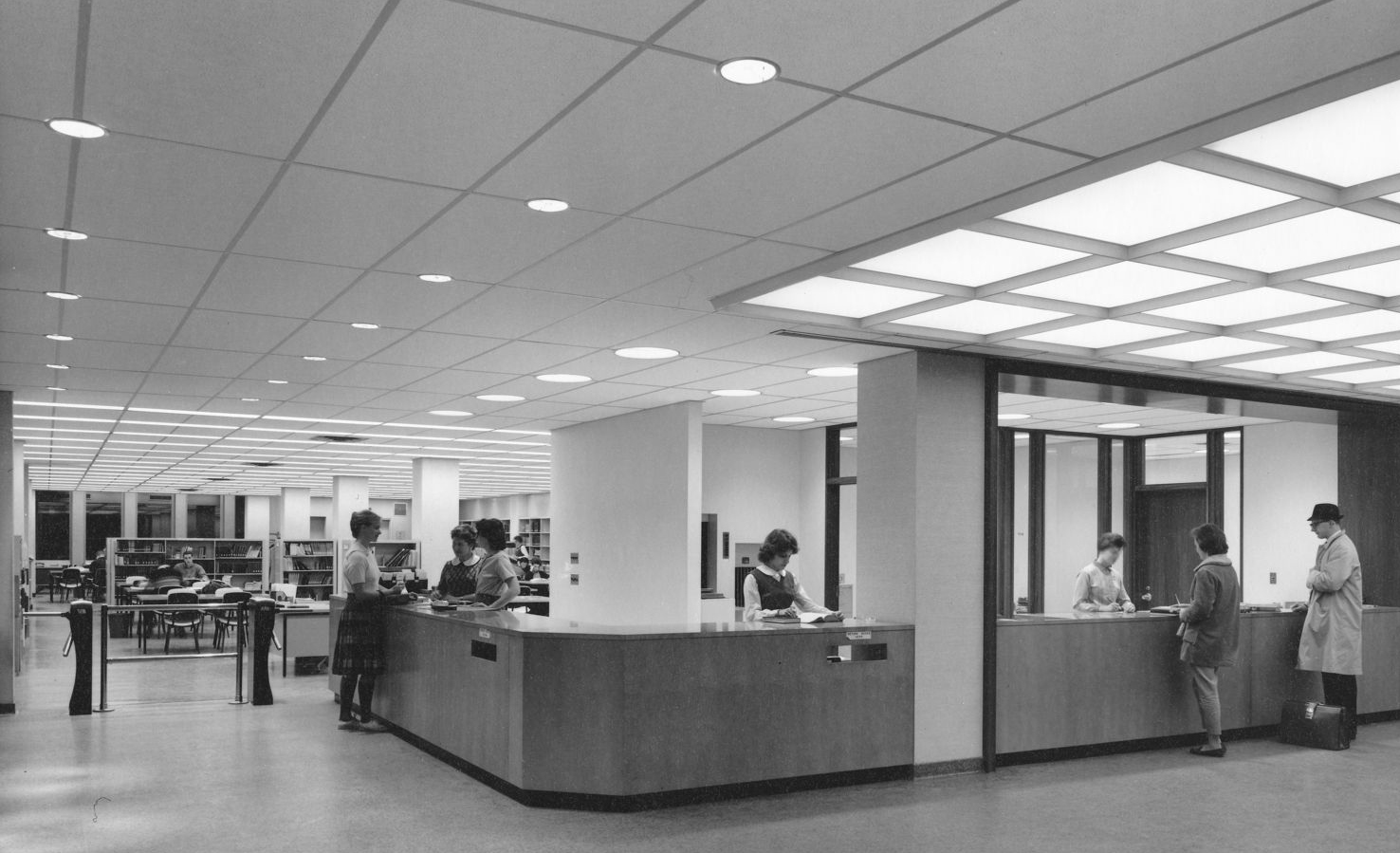
At Carnegie Mellon University Libraries, we celebrate the many contributions of the faculty and staff who make the Libraries the destination for scholarly information, creative inquiry, and intellectual collaboration across disciplines, propelling the significance, reach, and impact of the university.
Feature image: "Hunt Library service desk" (c.1961) found in CMU Digital Collections
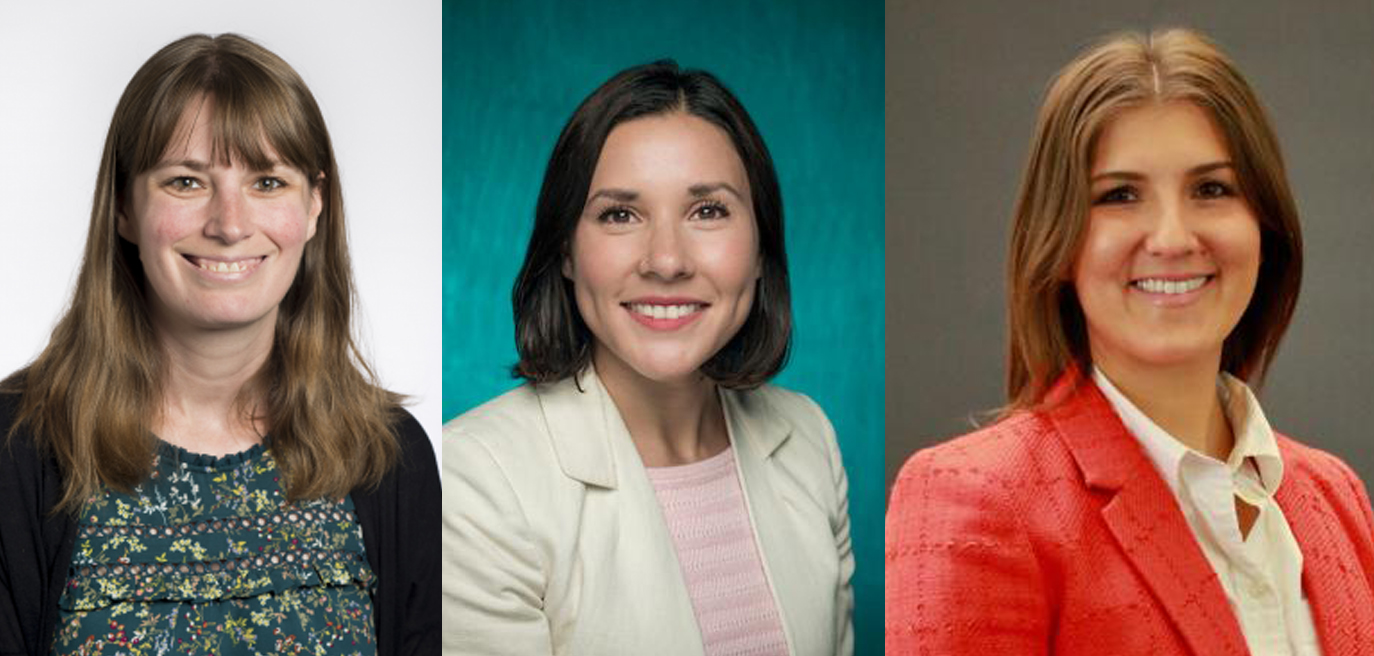 Open Science Program Director Melanie Gainey, Open Science Program Coordinator Lencia Beltran, and Psychology Librarian Liaison Emily Bongiovanni spoke on behalf of the Open Science team at Kennesaw State University's virtual All Things Open Week 2023 on April 7th. Their talk was entitled "The Creation and Evolution of a Dedicated Open Science Program."
Open Science Program Director Melanie Gainey, Open Science Program Coordinator Lencia Beltran, and Psychology Librarian Liaison Emily Bongiovanni spoke on behalf of the Open Science team at Kennesaw State University's virtual All Things Open Week 2023 on April 7th. Their talk was entitled "The Creation and Evolution of a Dedicated Open Science Program."
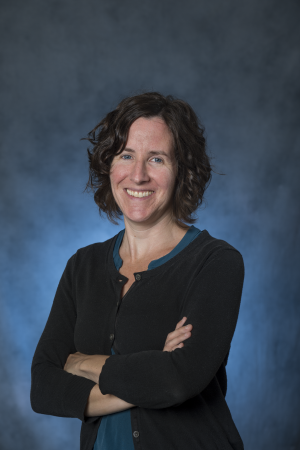 Gainey, along with Principal Librarian Sarah Young, is also a co-author on a preprint in bioRxiv entitled “Meta-analysis of macrophage nanoparticle targeting across blood and solid tumors using an eLDA Topic modeling Machine Learning approach.” This work is in collaboration with Dr. Elizabeth Wayne (Biomedical Engineering) and Dr. John Kitchin (Chemical Engineering) and is the first output from a multi-year project on the synthesis of existing literature related to interactions between nanoparticles and macrophages in the diagnosis and treatment of colorectal cancer.
Gainey, along with Principal Librarian Sarah Young, is also a co-author on a preprint in bioRxiv entitled “Meta-analysis of macrophage nanoparticle targeting across blood and solid tumors using an eLDA Topic modeling Machine Learning approach.” This work is in collaboration with Dr. Elizabeth Wayne (Biomedical Engineering) and Dr. John Kitchin (Chemical Engineering) and is the first output from a multi-year project on the synthesis of existing literature related to interactions between nanoparticles and macrophages in the diagnosis and treatment of colorectal cancer.
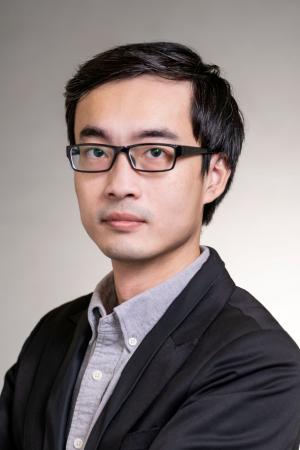 CLIR Postdoctoral Fellow in Data Curation for Energy Social Sciences Luling Huang, along with Edward Fink and Debora Cai, received the Outstanding Contribution to Communication Science Award from the Communication Science and Biology interest group, International Communication Association. The award was announced at the 2023 Annual Conference of the International Communication Association. Their article was titled "Psychological discrepancy in message-induced belief change: Empirical evidence regarding four competing models."
CLIR Postdoctoral Fellow in Data Curation for Energy Social Sciences Luling Huang, along with Edward Fink and Debora Cai, received the Outstanding Contribution to Communication Science Award from the Communication Science and Biology interest group, International Communication Association. The award was announced at the 2023 Annual Conference of the International Communication Association. Their article was titled "Psychological discrepancy in message-induced belief change: Empirical evidence regarding four competing models."
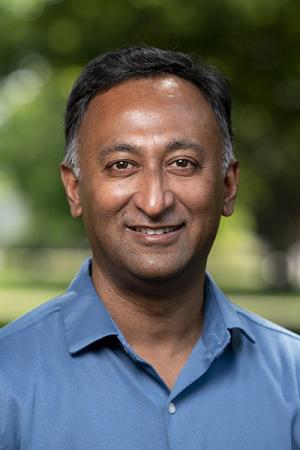 Associate Dean for Digital Infrastructure Sayeed Choudhury was a speaker for the United Nations' "Mind the Open Source Gap" series. His talk and the following question and answer session focused on why open source is important to universities, how the CMU open source programs office is helping to build awareness and capacity for open source software, and how universities and the United Nations can cooperate through open source software as applied toward the Sustainable Development Goals and Digital Public Goods.
Associate Dean for Digital Infrastructure Sayeed Choudhury was a speaker for the United Nations' "Mind the Open Source Gap" series. His talk and the following question and answer session focused on why open source is important to universities, how the CMU open source programs office is helping to build awareness and capacity for open source software, and how universities and the United Nations can cooperate through open source software as applied toward the Sustainable Development Goals and Digital Public Goods.
Choudhury was also interviewed by Gerry Bayne from Educause in a podcast titled "Empowering the Use of Open Source Software for Research.” The interview covered topics like the use of open source within universities, the role of open source programs office and importance of open source software as a primary research object and its potential to empower new forms of research and learning. It occurred during the 2023 Spring Coalition for Networked Information (CNI) meeting, during which Choudhury presented at and facilitated on a panel with fellow open source programs officer leaders.
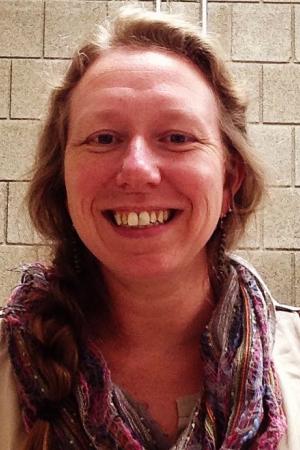 Librarian and GIS Specialist Jessica Benner sat for and passed the exam for Certified Professional in Accessibility Core Competencies (CPACC) certification from the International Association of Accessibility Professionals this spring. Jessica is part of a cohort of CMU colleagues who achieved accessibility certifications this year, organized by the University Digital Accessibility Office. The certification lasts for three years and can be renewed/maintained with ongoing professional development.
Librarian and GIS Specialist Jessica Benner sat for and passed the exam for Certified Professional in Accessibility Core Competencies (CPACC) certification from the International Association of Accessibility Professionals this spring. Jessica is part of a cohort of CMU colleagues who achieved accessibility certifications this year, organized by the University Digital Accessibility Office. The certification lasts for three years and can be renewed/maintained with ongoing professional development.
Benner, along with others on the Software Preservation Network's Research-in-Practice Working Group, also created a video for CNI's May Pre-recorded Video Briefing about a study that they conducted related to Software Preservation Services from 2019-2022.
The Open Science & Data Collaborations (OSDC) Program has been highlighted by The Higher Education Leadership Initiative for Open Scholarship (HELIOS) as an example of support from an academic institution for open scholarship.
